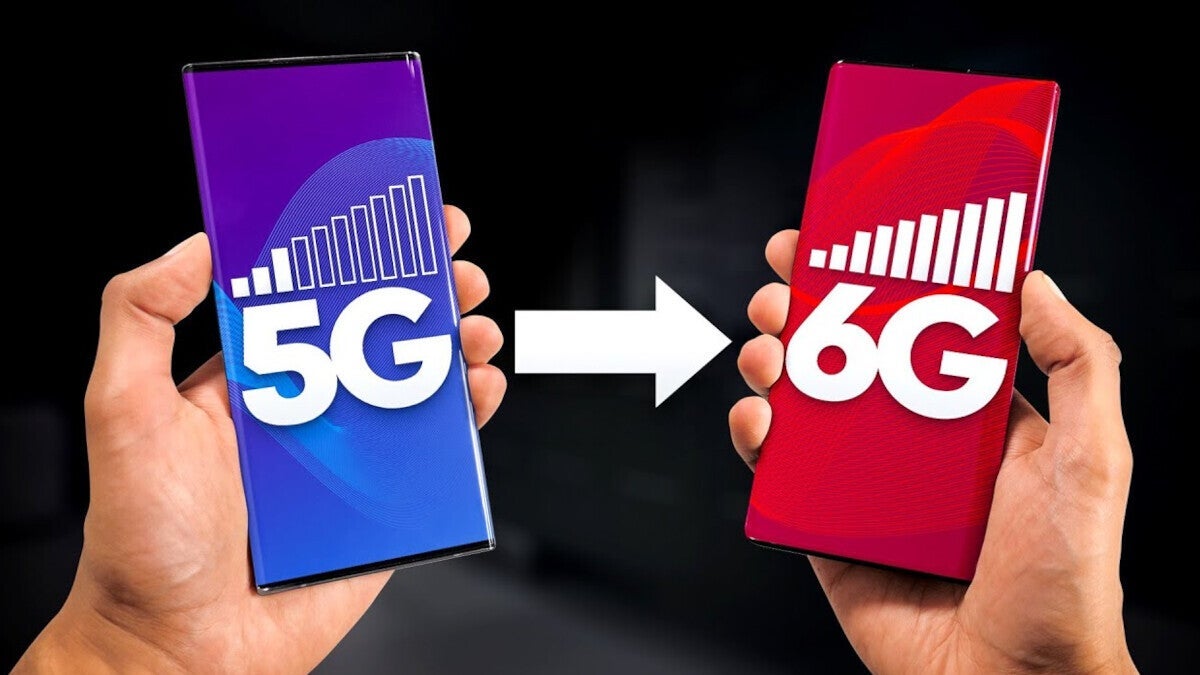Working prototype light-based semiconductor chip has been built for 6G and 7G connectivity

Did you ever wonder about 6G? We are going to be using 5G as our first line of mobile connectivity until 2030, but there is no time like the present to get the wireless standards for 6G set up. According to an article published last month by Nature Communications (via LiveScience), scientists have developed a new light-based photonic semiconductor chip that can connect to high radio-frequency bandwidths. This will allow the chips to be used for not only 6G but 7G as well.
A working prototype of the chip was created measuring 0.2 by 0.2 inches (5mm by 5mm) by attaching the necessary electronic and photonic chiplets to the die similar to how kids put together Lego plastic brick toys. Using the photonic components on a traditional circuit board, RF bandwidth was increased as was signal accuracy at high frequencies.
Conventional chips block out signals in the wrong frequency range by using microwave filters. On a light-based chip, adding a microwave photonic filter can help fine-tune the component allowing it to connect with signals at specific frequencies. This is a big deal because it allows more accurate information to be captured by the component.

In 2019, then-President Donald Trump tweeted about 6G for the U.S.
Ben Eggleton, pro-vice-chancellor (research) at the University of Sydney, says, "Microwave photonic filters play a crucial role in modern communication and radar applications, offering the flexibility to precisely filter different frequencies, reducing electromagnetic interference and enhancing signal quality,"
6G should run on higher frequencies in the range of 7GHz to 15GHz according to the Global Systems for Mobile Communications Association (GSMA). This is where the use of photonics comes into play since it will allow mobile devices to work with mmWave bands above 30GHz.
So to reiterate, these prototype communications chips will offer much higher RF bandwidth capabilities, and with the microwave photonic filter, they will eliminate interference in the high-band which is important because frequencies in the high-band travel only short distances but have greater energy capacity which typically causes interference.
We still have at least another seven years before 6G launches and this technology might not even be ready by then, or some other breakthrough could be invented. Still, it seems that photonic light-based communications chips for mobile devices is something to keep an eye on.
Follow us on Google News











Things that are NOT allowed:
To help keep our community safe and free from spam, we apply temporary limits to newly created accounts: